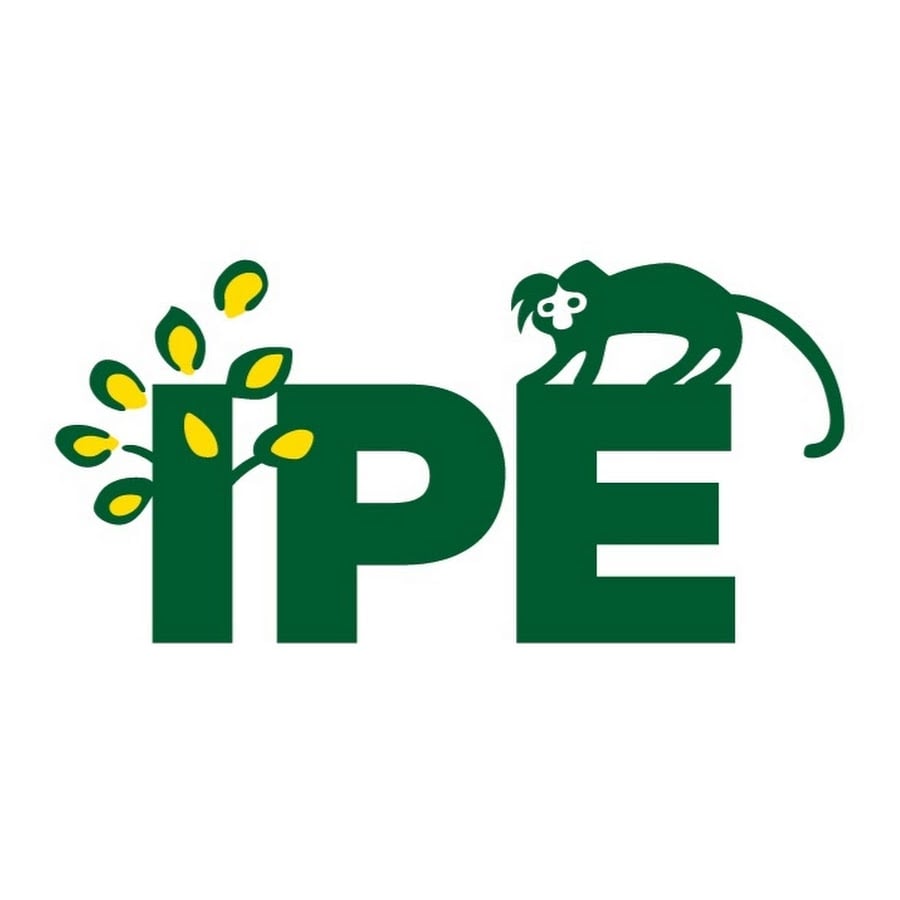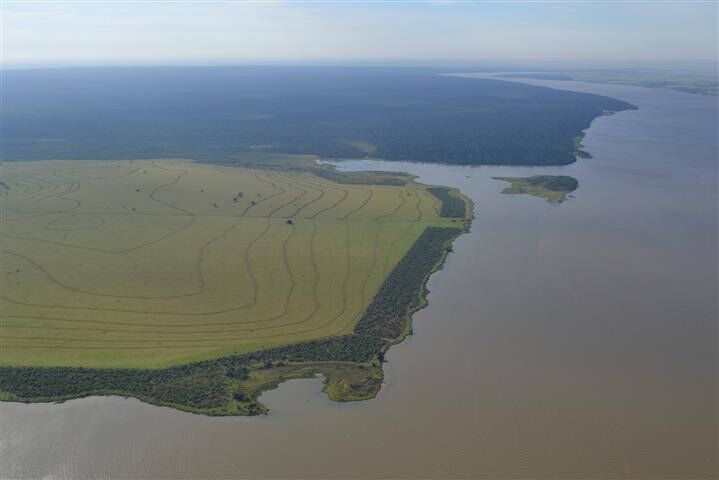::cck::487::/cck::
::introtext::
Planting started in March will form the new 500-hectare north corridor
One of IPE’s most significant results in its 27-year existence is the Atlantic Forest Corridor in the Pontal do Paranapanema. It is the largest ecologic corridor formed by restored forest in Brazil and it connects two protected areas: the Black Lion Tamarin Ecological Station and the Morro do Diabo State Park, helping to mitigate the negative effects of deforestation in the region. With a length of 20 km and containing more than 2.7 million trees, the corridor helps to protect not only the forests but also the endangered species of the region, such as the black lion tamarin and the jaguar. With this initiative, these species can now roam safely between the two large protected areas, increasing their chance to find food and reproductive partners.
The effectiveness of this large corridor will be augmented by another corridor that is being planted. This new corridor, called the “North Corridor” (called so because it is located near the northern tip of the Morro do Diabo State Park), will comprise 500 hectares and more than 1 million trees along 3 kilometers of Atlantic forest corridor.
The first trees of the North Corridor are being planted in the Legal Reserve area of Estrela Farm, a cattle ranch with an area of roughly 2,400 ha of which approximately 800 ha are legally designated to preserve the native vegetation. Part of this area of 800 ha that needs to be preserved by the owner is located between the Black Lion Tamarin Ecological Station (Agua Sumida fragment) and the Santa Maria I forest fragment, both of which are within a 13 km radius of the Morro do Diabo State Park. To choose which areas will be restored, IPE has created a map that points out the sites with the highest potential for increased habitat connectivity interspersed with the areas that need to be restored by law. The financial resources are provided by Atvos, a sugarcane mill company, via the Nascentes Program, a São Paulo State Program for the conservation of water springs, with international support from WeForest, the Durrell Wildlife Conservation Trust, the Sustainable Lush Fund and the Disney Conservation Fund.
Capacity building and income generation
Besides the forest restoration, the North Corridor project has other important activities, such as capacity building in agroecology and environmental education for 300 farmers and students. Allied to this, there is income generation for the involved communities, as native species seedlings are produced in community nurseries and sold to the market.
“Due to an uncontrolled occupation, the Pontal do Paranapanema has suffered a significant reduction of its forest cover, with only 1.85% of the original forest remaining. The occupation dynamics has resulted in a regional landscape where several water bodies and forest fragments are being surrounded and encroached by rural settlements and other properties. This occupation, if it does not take into account the environment, risks losing everything that remains in the land, the forests and the water. That is why it is necessary to establish a sustainable rural development based on agroecology that encourages alternative income generation processes, as is the case of the community nurseries”, contends Laury Cullen Jr., coordinator of the project.
Community nurseries are social undertakings that aim to improve the social, economic and environmental development of the families living in the land reform settlements in the region. Such undertakings help to diversify the traditional agriculture by producing and selling seedlings of native and exotic species for reforestation, while IPE’s team simultaneously develops environmental education activities and capacity building of the farmers, teaching them the principles of associativism and agroecology.
Currently, there are 8 community nurseries in settlements of the region. Most of them are the result of cooperation among several families, but there are also private nurseries created by farmers that were trained in the free-of-charge courses given by IPE. In total, the nurseries can produce ca. 800 thousand seedlings per year.
“We always assume in our projects that the local community will be involved, be it through environmental education or through the development of alternative income generation. For example, when we began to plant the first corridor, we helped to implement the first community nurseries of the region. Today, the seedling producers are independent, and they sell their seedlings to other projects like ours”, explains Laury.
The North Corridor Project also aims to influence public policies by acting with the Nascentes Program of the São Paulo State government to preserve endangered species and restore fragmented landscapes in the Atlantic Forest biome.
::/introtext::
::fulltext::::/fulltext::
::cck::487::/cck::


